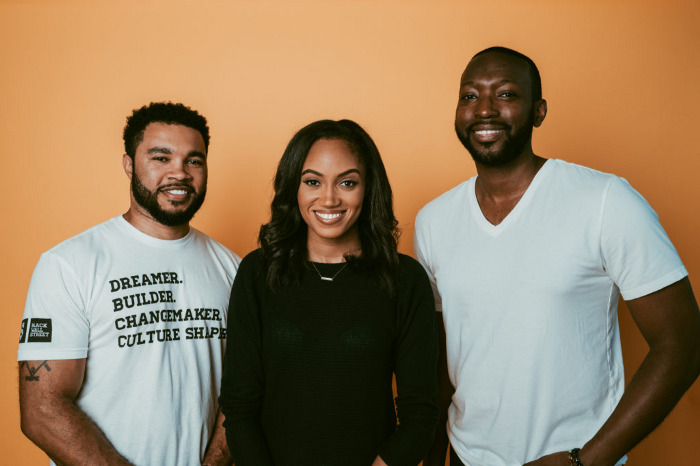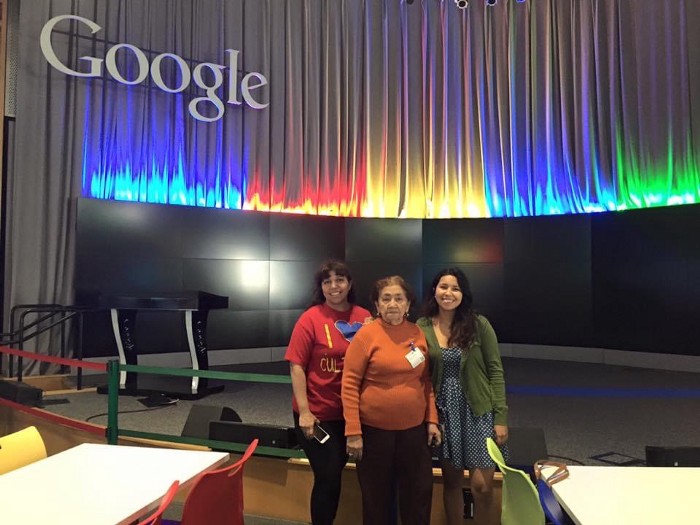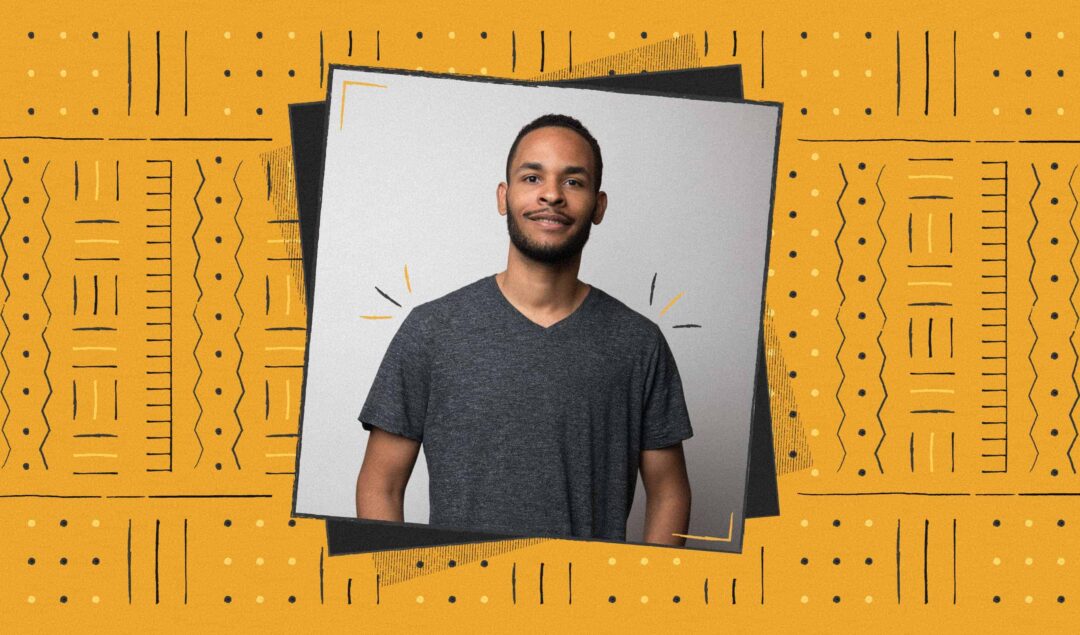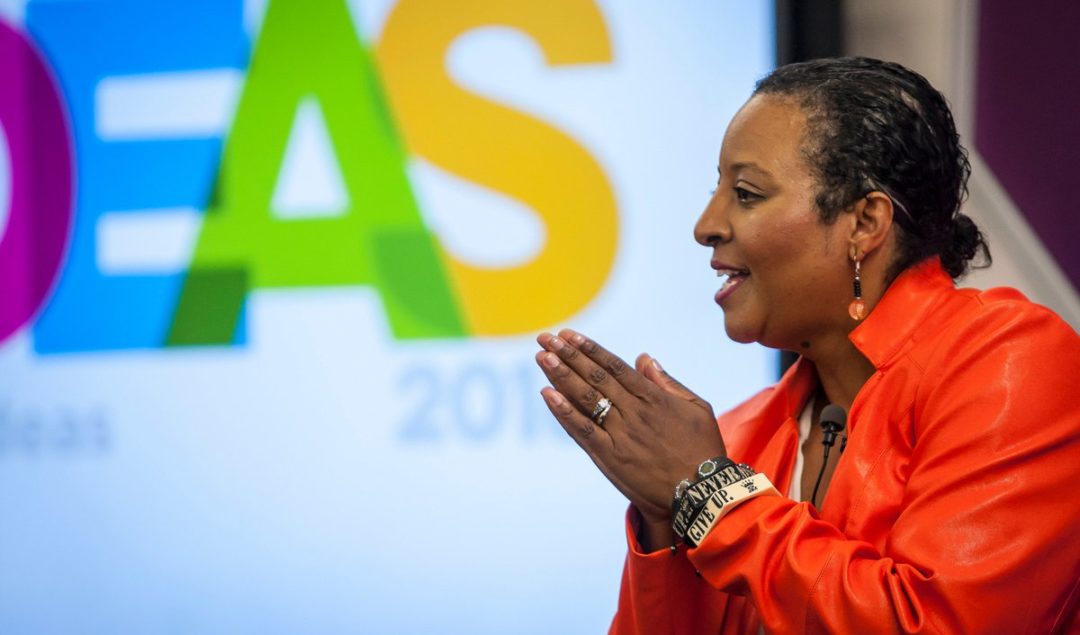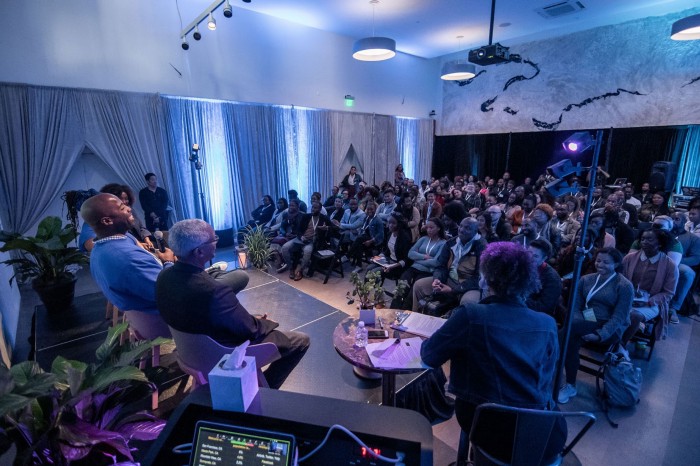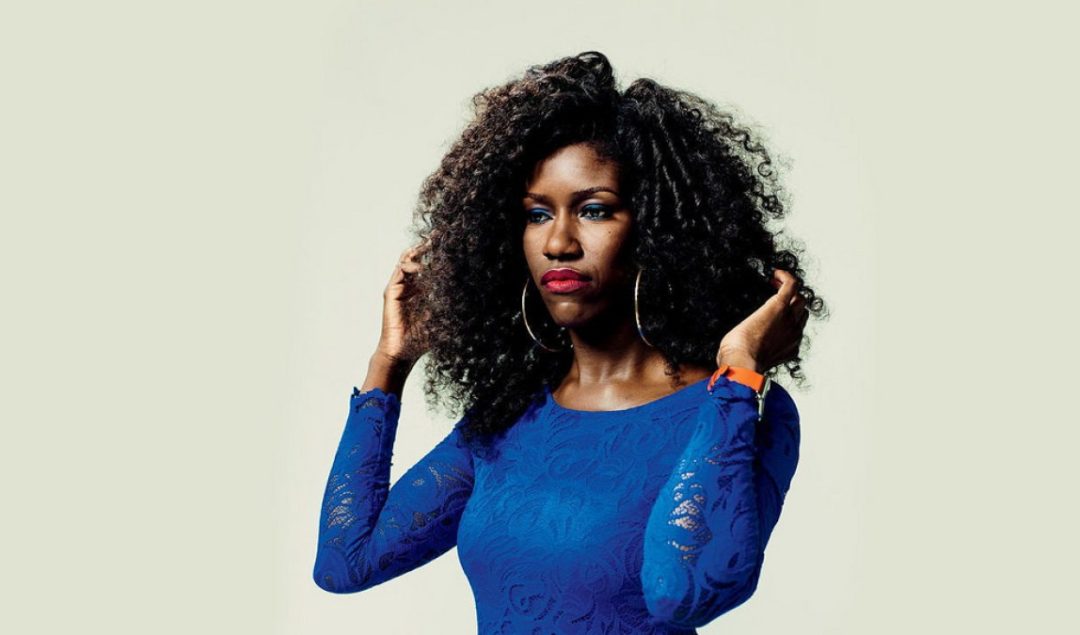Latinx founder numbers are growing at a faster rate than any other group and we’re expected to yield $1.4 Trillion in US GDP. A couple of years ago, I started my journey in supporting Latinx founders as an investor at Backstage Capital through the Accelerator and with this post. And I believe what I wrote then even more now! TL;DR Latinx entrepreneurs are a strong force to be reckoned with! With capital and support, we can grow our businesses to produce in the trillions — trillions that can better the lives of our
The “Pipeline” is Blocked At The Top — With the recent uprising against systemic racism in our governmental institutions and society, there has been an increased focus on the on the lack of funding for underrepresented founders. Only 1% of VC funded startup founders are Black, Latinas have received .04% of VC funding, women of color can expect an average of $42k seed funding vs. the average seed funding of $1m, the list of stats goes on. Yet the problem is far deeper than startup founder-level stats. It exists at the other side of
As a 13-year-old, it was hard for me to understand why my mother insisted that I cut off my baby dreads or that I get rid of any oversized jeans that imperceptibly sagged. Dating back to my adolescence, my parents instilled in me this notion that, as a black man, I had to carry myself a certain way if I wanted to be successful. Even more imperative than what I wore or how I looked, I distinctly remember a conversation with my father where he explained that I would have
Today marks four years since I joined Google full-time otherwise known as my “Googleversary.” I keep waiting for some sort of graduation announcement or ceremony that would indicate the end of an era and the start of a new chapter, but I suppose that’s not exactly the same, after college. Today, I contemplated finally answering the million-dollar question I get too often “so, what do you do at Google?” But instead, I’ve decided to take some time today to reflect and simply celebrate some of my favorite moments over the
Subscribe To The Techish Podcast On Apple Podcasts, Spotify, And Other Platforms. In this episode of Techish Abadesi and Michael discuss: Congress vs Big Tech (08:05)Megan Thee Stallion and Social Media (27:27)Slack vs Microsoft (12:10)Black Emmy Nominations (11:00)Who is Rich? (31:34) Extras: Techish on Patreon: Advertise with Techish: Please rate and review the Techish podcast
This post was initially published by Abstract! It highlights the career achievements and thoughts of Senior Front End Engineer Andrew McCloud. What personal passions bring you to Abstract? Design communities! I’ve been installing/building software for managing communities of designers since I was in high school. Shoutout phpBB, celerondude, Pixel2Life! In 2010, I attempted to create something similar to Abstract called Pixelcloud, inspired by Facebook’s internal design collaboration tool. What’s one childhood lesson that you still carry with you to this day? I can usually avoid the pain of finding out something on my
Put your money in funds that invest in Black-owned startups Unrest in the streets has made its way to Wall Street. JPMorgan CEO Jamie Dimon was photographed kneeling in solidarity with protestors; Morgan Stanley promoted two Black women to high-profile roles; and Citi, Bank of America and Goldman Sachs published inspiring anti-racist messages and pledges. Many financial firms announced donations to the NAACP or similar organizations. These are all commendable efforts, but they won’t address the root causes of structural racism in finance. In fact, in the absence of deeper solutions,
Subscribe to the Techish Podcast on Apple Podcasts, Spotify, And Other Platforms. This episode of Techish is a career special: Abadesi and Michael discuss: Should I have a side hustle? I want to become a product designer but do I need to know how to code? My boss is bothering me now that we are remote! Extras: Techish on Patreon: Advertise with Techish: Please rate and review the Techish podcast
I was one of the first Black investors to be promoted to Partner at a venture capital firm. At the time (2015), I was also one of the youngest, having just turned 31 years old. I have been in the venture industry since 2011, beginning as an intern in Kapor Capital’s inaugural Summer Associates program. I have never seen a wave of pro-Black commentary and actions like the one we are all witnessing today. Over the past few weeks, more people than ever before have aligned themselves to the #BlackLivesMatter
Subscribe to the Techish Podcast on Apple Podcasts, Spotify, And Other Platforms. In this episode of this Techish, Abadesi and Michael discuss the hiring of Bozoma St John by Netflix. Why it matters, and how it represents a recognization of the truth about the value of Black American culture in driving global culture. They also break down: Kanye for President [00:26] Tech vs Tech Media [11:00] Bozoma St John new Netflix CMO / Black-owned banks [06:47] Does any level of success make you happy? Extras: Techish on Patreon: Advertise with Techish: Please rate and review the Techish podcast


